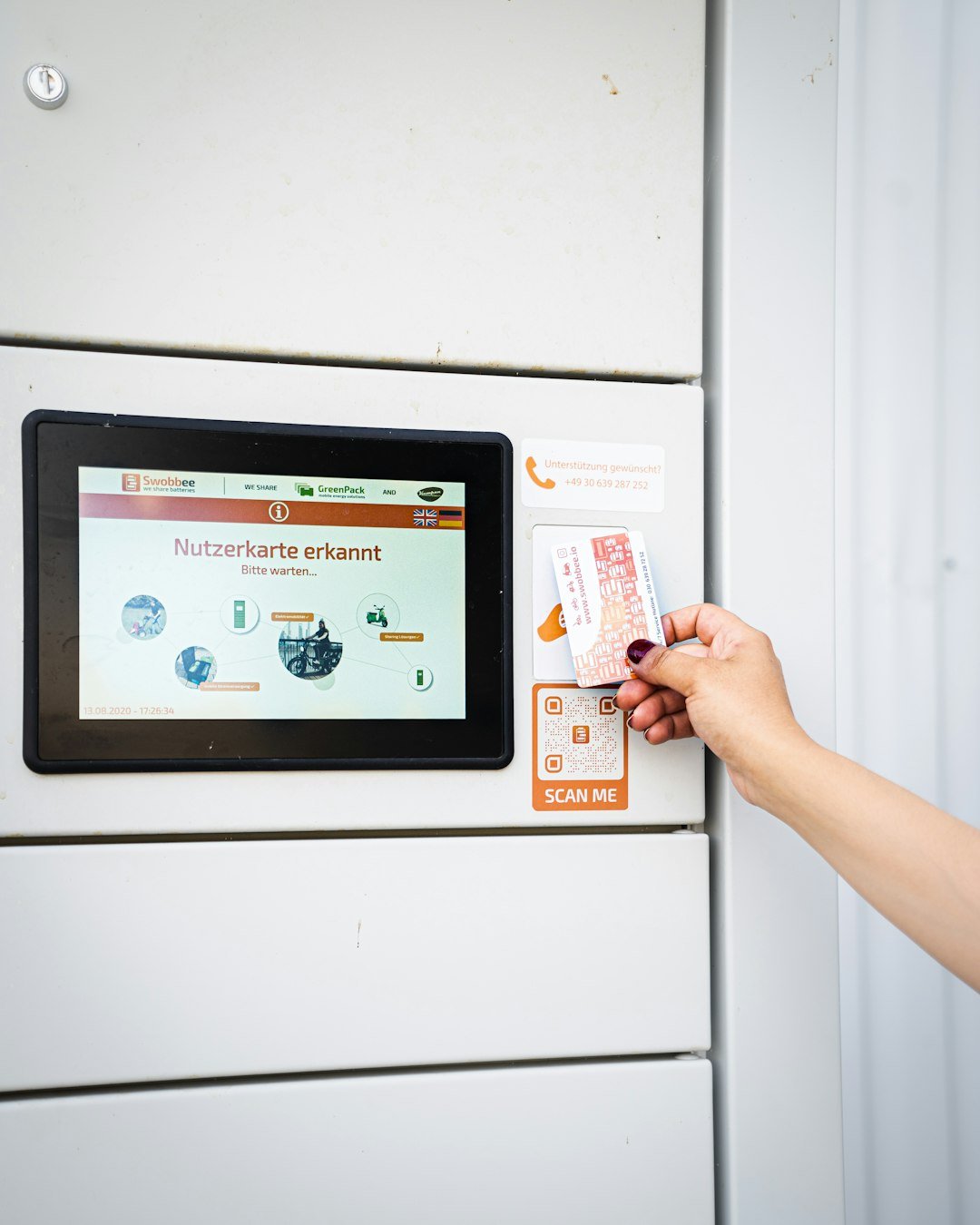WORKING FROM HOME? RESEARCH FINDS EMPLOYEE SELF-REGULATION THE KEY TO SUCCESS
Published by Gbaf News
Posted on May 5, 2017
5 min readLast updated: January 21, 2026

Published by Gbaf News
Posted on May 5, 2017
5 min readLast updated: January 21, 2026

Working from home is growing fast across Europe and North America, but how should employees be managed that cannot be seen at their desks from 9 to 5? Can they be trusted to work just as hard as their colleagues at the office? These are among the dilemmas facing both workers and managers.
New research has revealed that job performance in working from home is driven by employee self-regulation and decision-making freedom rather than previous beliefs that it was achieved through managerial or peer control.
The study, conducted by Nick van der Meulen of Rotterdam School of Management, Erasmus University (RSM), gathered data from 1450 employees at four public and private organisations that have working from home arrangements in place, to assess the best methods of management and increased job performance.
Employees and managers were asked a series of questions which included the frequency of communication with their manager, the extent to which they work from home, job performance, manager trust, peer monitoring and the relationship they have with their manager.
The study pinpoints how best to control teleworking employees to achieve increased job performance, and at the same time offers straightforward practical advice to managers.
Nick van der Meulen said: “The boundaries of the office structure have changed and with it management has had to shift its approach. The results of our survey showed that managers need to offer trust and freedom to get the most from their employees in return. Any failure by managers to offer this was found to be highly detrimental.”
“Practitioners and management experts alike tend to refer to trust as an unavoidable prerequisite for telework: without it, telework would not be possible.”
“We found that managers need to support employees through frequent communication, ideally several times a week. This will help to maintain a trusting relationship with their employees, which forms the basis for the provision of employee self-determination or autonomy. We advocate that managers provide employees with absolute freedom to decide for themselves how to best do their jobs. This triggers increased teleworker job performance and prevents negative work behaviours.”
The research pointed to managerial practices that have to be avoided, such as inequitable treatment, work monitoring through ICTs, or short to medium-term target setting. “These would simply curb opportunistic behaviour and thereby constitute a breach in healthy working relationships with employees,” says van der Meulen.
Any suggestion of shirking is erased by the evidence of a positive relationship between the extent of telework and number of hours worked. On average, full-time teleworkers perform just as well as those who do no telework at all — even under conditions of infrequent communication with the manager, low peer performance monitoring, and no outcome reward systems.
Working from home is growing fast across Europe and North America, but how should employees be managed that cannot be seen at their desks from 9 to 5? Can they be trusted to work just as hard as their colleagues at the office? These are among the dilemmas facing both workers and managers.
New research has revealed that job performance in working from home is driven by employee self-regulation and decision-making freedom rather than previous beliefs that it was achieved through managerial or peer control.
The study, conducted by Nick van der Meulen of Rotterdam School of Management, Erasmus University (RSM), gathered data from 1450 employees at four public and private organisations that have working from home arrangements in place, to assess the best methods of management and increased job performance.
Employees and managers were asked a series of questions which included the frequency of communication with their manager, the extent to which they work from home, job performance, manager trust, peer monitoring and the relationship they have with their manager.
The study pinpoints how best to control teleworking employees to achieve increased job performance, and at the same time offers straightforward practical advice to managers.
Nick van der Meulen said: “The boundaries of the office structure have changed and with it management has had to shift its approach. The results of our survey showed that managers need to offer trust and freedom to get the most from their employees in return. Any failure by managers to offer this was found to be highly detrimental.”
“Practitioners and management experts alike tend to refer to trust as an unavoidable prerequisite for telework: without it, telework would not be possible.”
“We found that managers need to support employees through frequent communication, ideally several times a week. This will help to maintain a trusting relationship with their employees, which forms the basis for the provision of employee self-determination or autonomy. We advocate that managers provide employees with absolute freedom to decide for themselves how to best do their jobs. This triggers increased teleworker job performance and prevents negative work behaviours.”
The research pointed to managerial practices that have to be avoided, such as inequitable treatment, work monitoring through ICTs, or short to medium-term target setting. “These would simply curb opportunistic behaviour and thereby constitute a breach in healthy working relationships with employees,” says van der Meulen.
Any suggestion of shirking is erased by the evidence of a positive relationship between the extent of telework and number of hours worked. On average, full-time teleworkers perform just as well as those who do no telework at all — even under conditions of infrequent communication with the manager, low peer performance monitoring, and no outcome reward systems.
Explore more articles in the Business category











